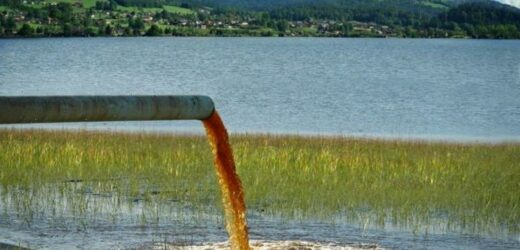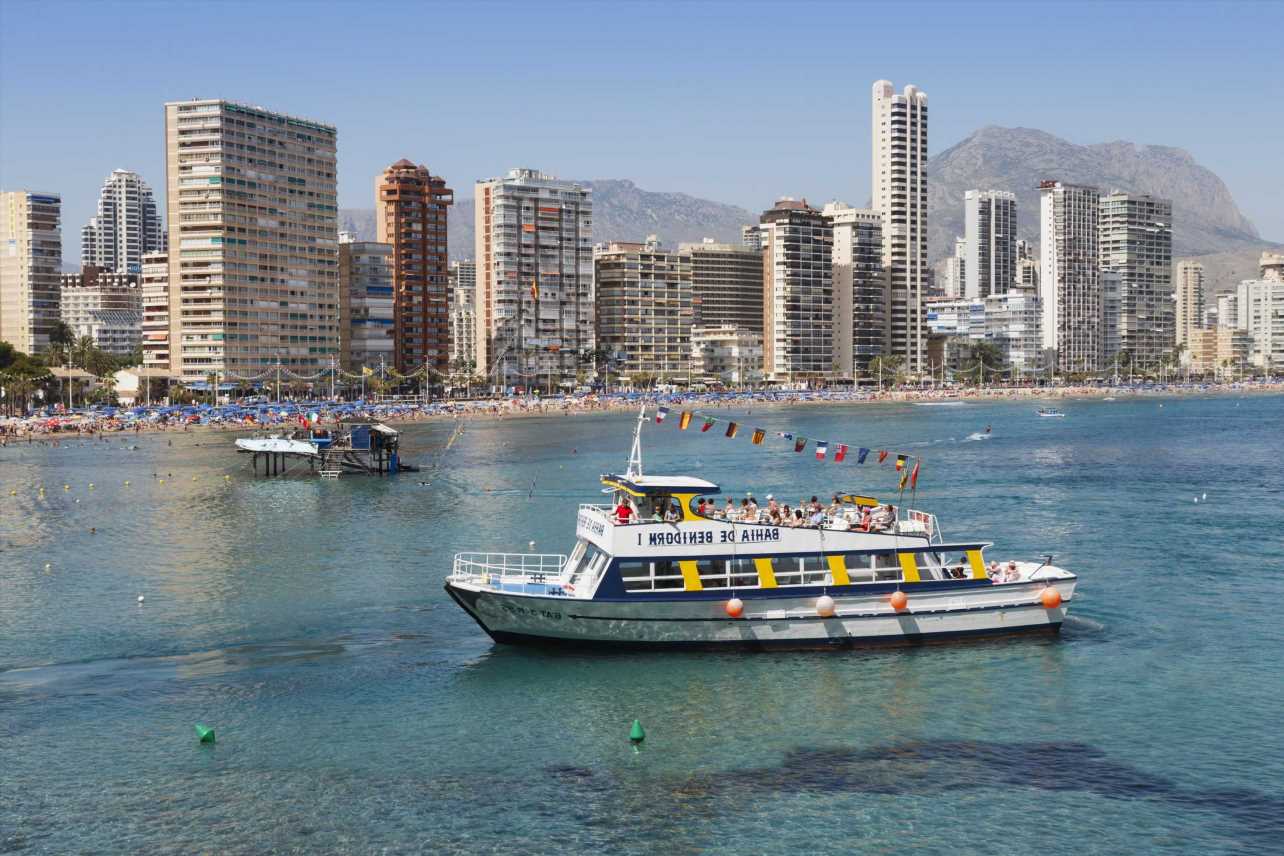Farmer speaks out over sewage being pumped into a local river
We use your sign-up to provide content in ways you’ve consented to and to improve our understanding of you. This may include adverts from us and 3rd parties based on our understanding. You can unsubscribe at any time. More info
It comes after the Prime Minister came under fire from backbenchers and campaigners who slammed him for failing to protect rivers from pollution ahead of COP26. The Department for Environment, Food and Rural Affairs said that an amendment tabled to the Environment Bill “will see a duty enshrined in law to ensure water companies secure a progressive reduction in the adverse impacts of discharges from storm overflows”. The announcement was hailed as “a victory for the thousands of people who have made their voices heard on the issue of sewage” by The Rivers Trust.
It also came as the House of Lords was preparing to vote this evening for a second time on an amendment by the Duke of Wellington.
Peers had approved an earlier version of the duke’s amendment which was also supported in the House of Commons last week by 22 Conservative MPs leading a backbench rebellion.
The group of rebels included nine former ministers, but MPs voted against it by 268 to 204.
But the MPs who voted against it had a backlash on social media in a campaign.
It was led by Feargal Sharkey, former lead singer of the Undertones, who is also a vocal campaigner in support of cleaning up British rivers.


And speaking before the announcement the new amendment was made by the Government, Mr Sharkey said: “In days we are about to stand on a global stage and commit hypocrisy on a global scale, lecturing about climate change when we are killing every river in this country.
“How can you stand on that stage and expect respect and credibility and lead the world into a future with less carbon when they know well you are killing some of the rarest ecosystems?”
The singer slammed the Government on the basis that it had “misread the public” response to companies disposing of raw sewage into Britain’s waterways.
Water companies also today announced support for the duke’s amendment and called on ministers to impose the duty on them, signalling further embarrassment for the Government.
George Eustice, the environment secretary, said: “Earlier this summer, the government published a new strategy for Ofwat mandating them to progressively reduce the discharge of sewage from storm overflows in the next pricing review.

“Following a debate in the House of Commons last week during the final stages of the Environment Bill, today we are announcing that we will put that commitment on a statutory footing with a new clause.”
But worryingly, Mr Johnson’s official spokesman said the duke’s amendment could cost more than £150 billion could come out of taxpayer’s pockets, with individuals “paying potentially thousands of pounds each as a result”.
The Storm Overflow Taskforce, which includes representatives from the Environment Agency, Ofwat and water companies, have said that focusing on improving water quality in rivers used for swimming alone would cost between £5.9billion and £20.3billion.
And a plan to reduce spills from storm overflows to an average of ten per year in sensitive areas may cost between £13.5billion and £21.7billion.
This means £23-£37 may be added to an average water bill for households.
DON’T MISS
Archaeology: Nazi U-boat wreck ‘beats Tutankhamun’ [REVEAL]
Spain breaks EU ranks and leads revolt over Russian crisis [REPORT]
NASA telescope spots possible alien world outside Milky Way galaxy [INSIGHT]

But cleaning up Britain’s rivers is important.
Last year, raw sewage was dumped into British rivers over 40,000 times and it was a huge factor in 84 percent of rivers and lakes in England failing to meet the government’s target of ecological status.
The failure was so drastic that all rivers and lakes monitored in England have failed tests for chemical pollution.
And official figures published last year showed that there had been absolutely zero progress in the previous four years towards meeting the government’s long-term target that at least 75 percent of water bodies, including rivers, lakes, canals, coastal waters and groundwater, be restored as much as they could to their natural state.
This has meant that has one of the worst records for water pollution in the whole of Europe.
Only 16 percent of England’s waters viewed as being good health, far lower that the European average of 40 per cent.

But in Scotland, 66 percent of water bodies are considered healthy, with Wales weighing in at 46 percent and Northern Ireland at 31 percent.
But the new amendment aims to tackle this crisis.
Christine Colvin, from The Rivers Trust, said: “We await to see the precise wording, and hope that it will be as clear.
“However, the government’s acknowledgement that we need this duty on water companies to progressively reduce the harm from overflows, is a victory for the thousands of people who have made their voices heard on the issue of sewage.”
“And the politicians and peers who swam against the current and voted for cleaner rivers.”
Source: Read Full Article


